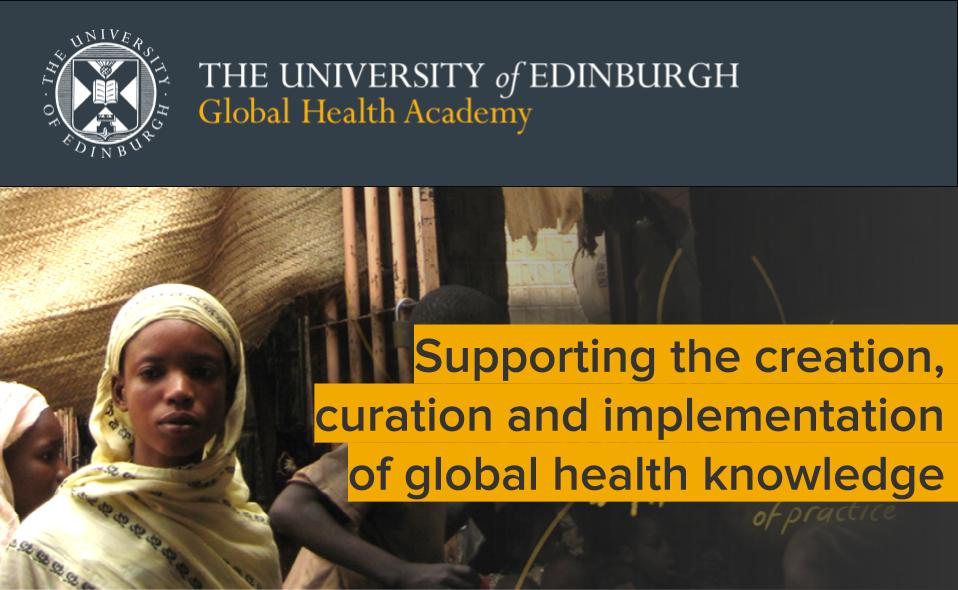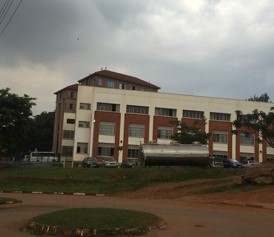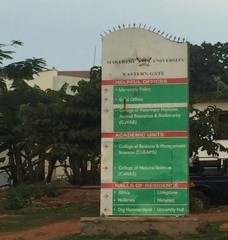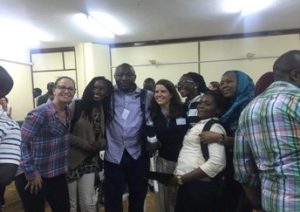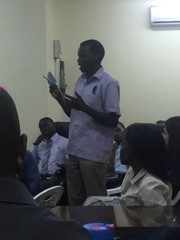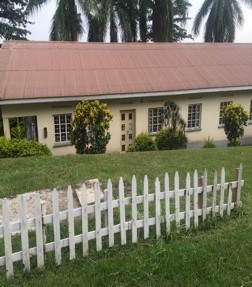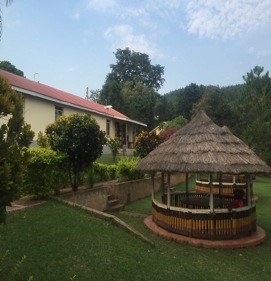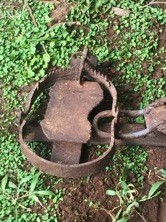My Ugandan Global Health Academy, Summer School Experience!
When I received the invitation for the Global Health Academy summer school in Uganda, I have to admit I was hesitant.
After just finishing my first year on the MPH course, I wondered if I could muster the motivation to do one more minute of work until the next term. However, after re-reading the course itinerary numerous times, I finally persuaded myself it was the right decision to go. The itinerary was just too tempting; 4 days of summer school and 2 bonus days of chimp tracking in the forests of Budongo?
With flights booked, I ran over the checklist for Kampala and Budongo again and packed my things. Budongo was going to be quite different from Kampala and we needed to be prepared for that environment. We were given the link to the Budongo Wildlife website beforehand which gave full information on where we would be staying and everything we needed, including how to behave whilst visiting the forest.
The university discussion page went over accommodation and transport in both Kampala and Budongo and all my questions were answered quickly and informatively.
To be honest, I didn’t know what to expect from the school. I felt quite out of my depth at first, with my limited global health experience, and having only just completed my first year? However, my fears were soon put to rest as this scary bunch actually turned out to be some of the friendliest and motivational, individuals I have had the pleasure to share a room with, staff and lecturers included.
My co-students were a group of professionals, from all over the world, studying a number of different disciplines at various stages in their studies, however, it soon became evident that no matter what background we came from, we all shared a passion for making the world a better place. I felt immediately at ease.
To briefly summarize: The lectures were inspiring; the activities were thought provoking and the teamwork brilliant! Everyone got stuck in and shared all they had to share. There were many brave people who stood up to give presentations on their topics, (myself not included, but I will certainly be on the list for next year) and we received lectures from faculty ranging from epidemiology to simply how to reference properly. There were many questions and many discussions, but we always had time for a laugh, cup of tea and deep fried cup cake!!
The summer school not only taught me a great deal academically, but also gave me the opportunity to learn from other cultures and nationalities, the value they put on their environments, from a social, medical and environmental perspective. There were so many ideas and all added something to the wealth of knowledge the summer school brought about.
Of course, our experience in the Makerere University was just the start of our adventures. We still had the trip to Budongo to look forward to.
After a few hours bus trip (stopping off to investigate the local culture on the way) we arrived at what I would describe as a little haven, right out of a holiday magazine. Our very basic but comfortable accommodation set amidst the luscious forest at the Nyabyeya Forestry College. It was certainly a sharp contrast to the hustle and bustle of Kampala.
We travelled a little way to the Budongo Wildlife Reserve after settling in, where we were welcomed with dinner, tea and coffee, a very informative introduction to the reserve and a briefing on what we could expect from the next couple of days.
What a couple of days we had! We participated in monkey and chimp tracking with highly skilled staff who also gave us an introduction to the whole ecosystem of the forest. We met other visiting teams who were studying the forest and the surrounding areas and enjoyed discussing their experiences, having been based there for the last 4 weeks.
We were not just treated as passive visitors, but expected to report back on the day’s findings. Our feedback was very much valued and gave us a chance to really get thinking in groups, about things that would contribute to the continued success of the research centre and surrounding areas. We discussed improving awareness and promotion of the project, and ways that would promote the engagement of the community. I suddenly found myself utilizing a number of concepts we had learnt throughout the MPH course and the lectures we had received earlier in the week.
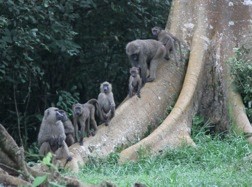
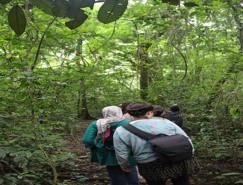
Following this we followed our guides into the forest for a spot of snare patrol, where we were taught how to find and identify snares often set by hunters. These ranged from small wires to huge mantraps, all an extreme hazard to creatures living in the forest, and also forest rangers.
We later visited local villages where we were given a talk about the on-going battle bco-existence of humans and wildlife. We learnt about sustainable crop development and the setting of buffer zones in order to control the disruption of local communities by the chimpanzees and other animals living in the forest, which frequently visit to crop raid when food levels are low in the forest.
Only too soon, it was time to return to Kampala and make our way home to our respective countries, to take back all that we had learned and apply it not only to our studies but to our everyday lives and those around us. I couldn’t wait to get started!
To say I have learned a great deal would be an understatement and it is with great pleasure that I write to inspire others to join in the next one.
Seonaid Biagioni, Masters of Public Health, University of Edinburgh


